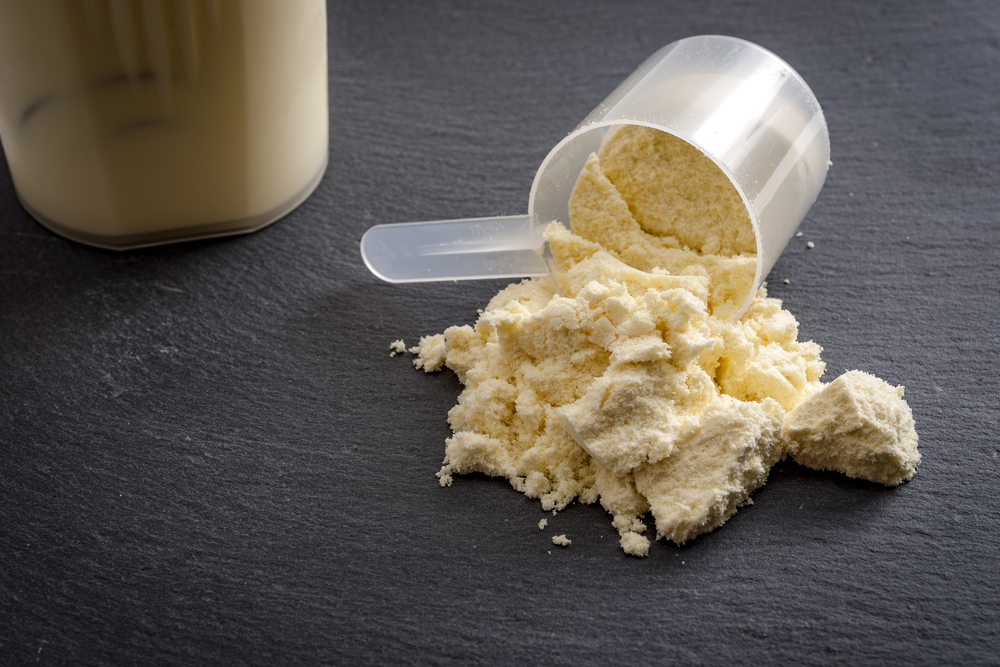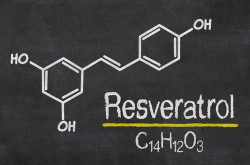By: Tayler Glenn
Protein powders have been the hot topic for some time. The growth of new fitness trends and awareness of nutritional needs are only boosting the $12.4 billion protein powder industry with no signs of slowing. Whether you’re new to the protein game or someone who settled in before the hype, you’ve probably heard some of the rumors flying around. Most of us know protein is important, but myths and bad science leave many people with more questions than answers. We’ve set the facts straight with our top 5 protein powder myths debunked!
1. More Protein Is Always Better
We know consuming enough protein is crucial, be that through powders, meat, dairy or plant-based sources, but packing your diet full of protein isn’t the key to a fit physique or healthy diet! Exactly how much protein you need per day depends on a few things, like your size, gender, and activity level.
The average individual only needs 0.8g of protein per kg of lean body weight, so a sedentary 150-pound person only needs 54g of protein per day. Looking for your individual protein requirement? Try this simple calculation:
Body weight (in pounds) x 0.36 =
Your recommended daily intake of protein (in grams).
Of course, this can change depending on your goals and personal exercise routine, but it’s a good rule-of-thumb to start with!
2. Protein Goes Straight To Your Muscles.
Some believe that the more protein you eat the more muscle you build. In a perfect world, maybe. But, as it turns out, too much of anything is a bad thing!
Our bodies use about 25 to 30 grams of protein at a time for muscle growth + repair depending on how often you’re training. Any protein you consume beyond what your body needs is just extra calories that get broken down like a carb. This means it’s either used for energy or stored as fat.
3. “Real” Protein Is From Meat, Not Plants
Sources of protein found in meat are excellent, but to assume that you can only get your protein from that single source is simply incorrect! Foods such as eggs and dairy are also popular sources, as well as:
- Protein powders
- Quinoa
- Edamame
- Chickpeas
- Nutritional Yeast
- Chia Seeds
- Tempeh
- Nut Butters
- Seitan
Much of the confusion stems from the fact that different protein sources contain different types and amounts of amino acids. Yes, animal proteins have higher amounts of branched-chain amino acids to support muscle synthesis and growth and plant proteins are often lower in those amino acids. This is why plant-based sources of protein are known as ‘incomplete’ sources of protein.
If you’re vegetarian or vegan, simply aim to mix and match your protein sources to acquire the full array of essential amino acids. If you’re opting for a protein supplement, find a plant-based protein shake that blends different plant-based sources to create a complete protein.
4. Too Much Protein Hurts Kidneys + Bones
Protein is processed by your kidneys, but protein isn’t going to hurt them as long as you’re eating a healthy diet. A little extra protein won’t hurt them but, like anything, you can have too much of a good thing. As long as you aren’t eating an extraordinary amount of protein (think 300g) then your kidneys shouldn’t have a problem.
Now, for the bones. The worry with bone demineralization is that too much protein increases your body’s acidity, causing it to take the calcium from your bones in order to neutralize that acid. This rumor was pulled into the limelight when acidity was sensationalized in popular media, but there’s no real evidence that bone mineral density drops when you up your protein intake. In fact, research suggests that a high-protein diet may actually support bone health and that healthy people shouldn’t worry about protein leaching calcium from their bones.
5. Only Bodybuilders Use Protein Powder
There’s more than one rumor that sounds like this floating around out there.
“Protein powder makes women bulky.”
“Protein powder makes you gain weight.”
“I’m an endurance athlete, so I don’t need to worry about building muscle.”
Sound familiar? While bodybuilders and heavily invested weight trainers are usually the ones focused on macros and protein supplementation, they aren’t the only ones who need to worry about their protein intake! It’s important to keep in mind the fact that protein and protein powder do a lot more than just help us pick up heavy things and create a muscular physique; protein plays a major role in supporting the body’s normal ability to :
- Repair and maintain organs
- Maintain a healthy metabolism and other biochemical reactions
- Regulate hormones
- Transport molecules
- Regulate cell division
- Form antibodies
- Repair muscle fiber
As you can see, protein and protein powder are more than a bulking component. It’s a part of a healthy, balanced diet and is especially necessary for those who are leading active lifestyles!
Which protein myths do you want to see debunked?
Tell us in the comments below!






Comments (0)